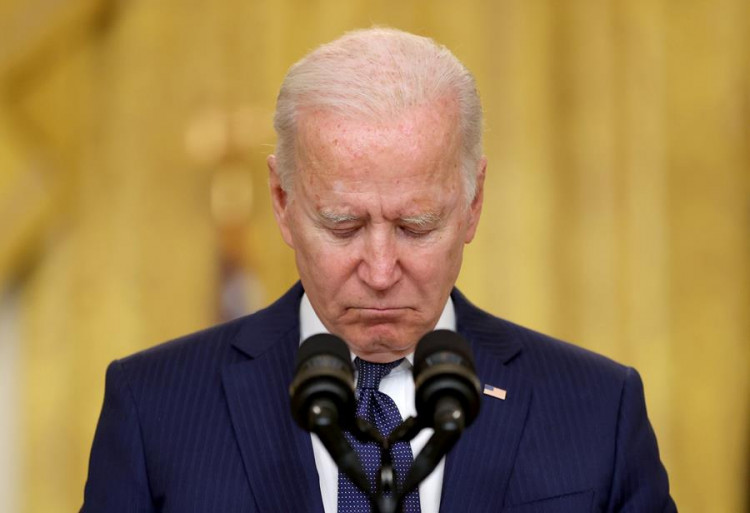President Joe Biden announced on Sunday that he would not seek re-election, marking an abrupt end to his half-century-long political career. This decision reshapes the landscape of the 2024 presidential race just four months before Election Day.
"While it has been my intention to seek re-election, I believe it is in the best interest of my party and the country for me to stand down and focus solely on fulfilling my duties as President for the remainder of my term," Biden, 81, wrote in a letter posted on X (formerly Twitter). He added that he would address the nation in more detail later this week.
In his letter, Biden expressed gratitude to Vice President Kamala Harris, endorsing her as the Democratic nominee. "My very first decision as the party nominee in 2020 was to pick Kamala Harris as my Vice President," he wrote. "And it's been the best decision I've made. Today, I offer my full support and endorsement for Kamala to be the nominee of our party this year."
This withdrawal concludes a storied national political career. Biden, who has been a significant figure in American politics for decades, has faced mounting pressure from within his party regarding his age and capability to serve another term. His decision follows a notably poor debate performance in June and concerns about his health and stamina.
pic.twitter.com/RMIRvlSOYw — Joe Biden (@JoeBiden) July 21, 2024
The announcement elicited swift reactions from both supporters and critics. California Governor Gavin Newsom praised Biden as "an extraordinary, history-making president" and a "leader who has fought hard for working people and delivered astonishing results for all Americans." Similarly, Michigan Governor Gretchen Whitmer called Biden a "great public servant," while emphasizing her commitment to supporting Democratic candidates.
My fellow Democrats, I have decided not to accept the nomination and to focus all my energies on my duties as President for the remainder of my term. My very first decision as the party nominee in 2020 was to pick Kamala Harris as my Vice President. And it’s been the best… pic.twitter.com/x8DnvuImJV — Joe Biden (@JoeBiden) July 21, 2024
Biden's decision to exit the race so close to the Democratic National Convention is unprecedented in modern American politics. The last sitting president to abandon a re-election bid was Lyndon Johnson in 1968, but that announcement came eight months before the election. Political analysts like Barbara Perry from the University of Virginia's Miller Center note, "We're in uncharted waters. No president has dropped out or died this close to the convention."
Questions about Biden's age and mental acuity have loomed over his presidency, intensifying after a faltering debate performance against Trump in June. His performance sparked a wave of concern among Democrats, leading to increasing calls for him to step aside. Despite numerous attempts to reassure his supporters and prove his capability, Biden's approval ratings continued to wane.
With Biden stepping down, the Democratic Party faces the complex task of unifying behind a new candidate. Harris, while a historic figure as the first female Vice President, faces her own challenges in rallying broad support. Her candidacy will likely be scrutinized heavily as the party navigates this transition.
On the other side of the aisle, Republicans seized the moment to criticize Biden's decision. Senator Josh Hawley of Missouri called for Biden to resign, stating, "If you can't run a mere political campaign, you can't be President." Former President Donald Trump, in a brief interview, called Biden "the worst president in the history of the United States by far" and suggested that Biden "should have stayed in his basement."
The move sets off a scramble within the Democratic Party as officials and factions rally around potential successors. Harris, as the sitting Vice President, is a natural heir apparent, but her approval ratings are lukewarm. The internal dynamics of the party are expected to be turbulent as various figures, including Governors Whitmer and Newsom, navigate this new landscape.
Biden's tenure has seen significant accomplishments, including major legislative achievements and a concerted effort to restore normalcy after the tumultuous Trump years. However, his presidency has also been marked by challenges, including the COVID-19 pandemic, economic issues, and political polarization.
Legal and logistical challenges also loom as the Democrats work to place a new name on the ballot in time for the election. Republicans are expected to challenge any Democratic moves vigorously, adding another layer of complexity to an already chaotic election season.






